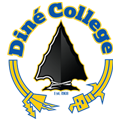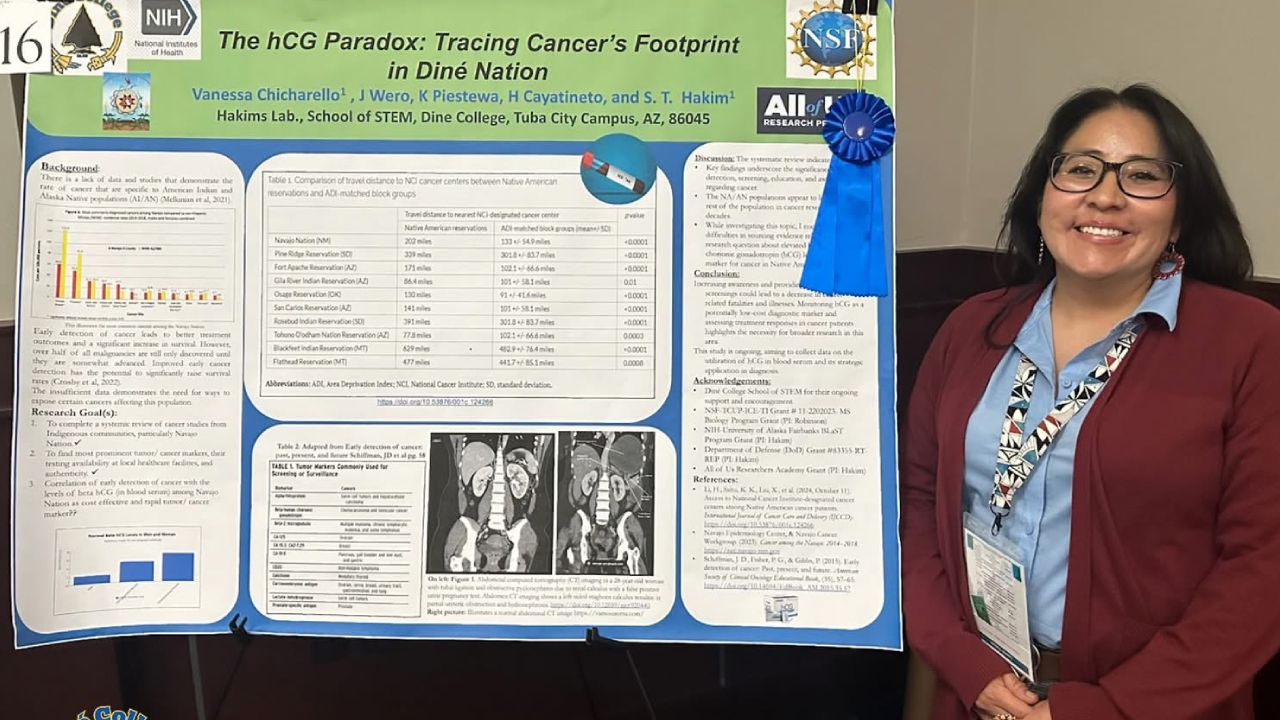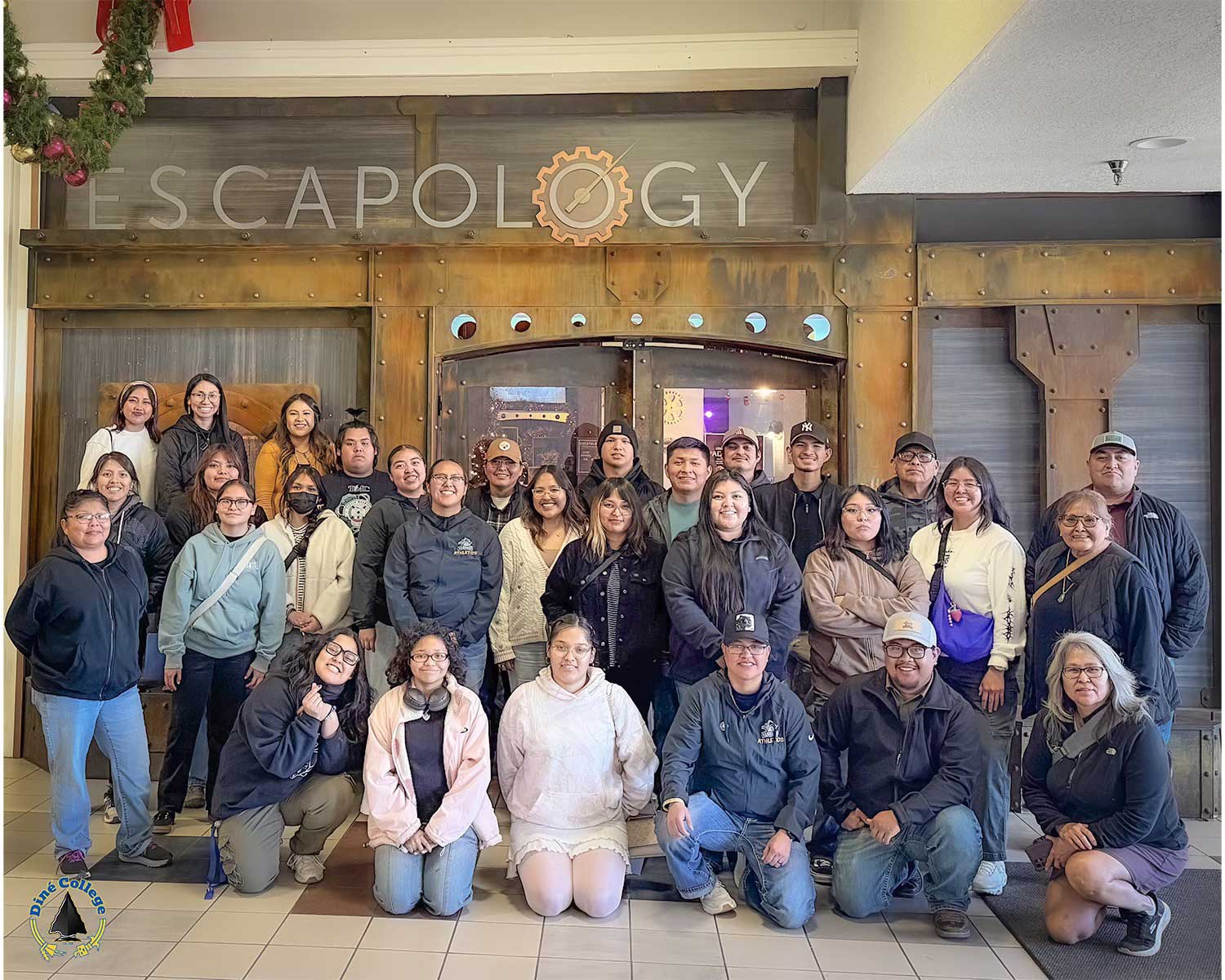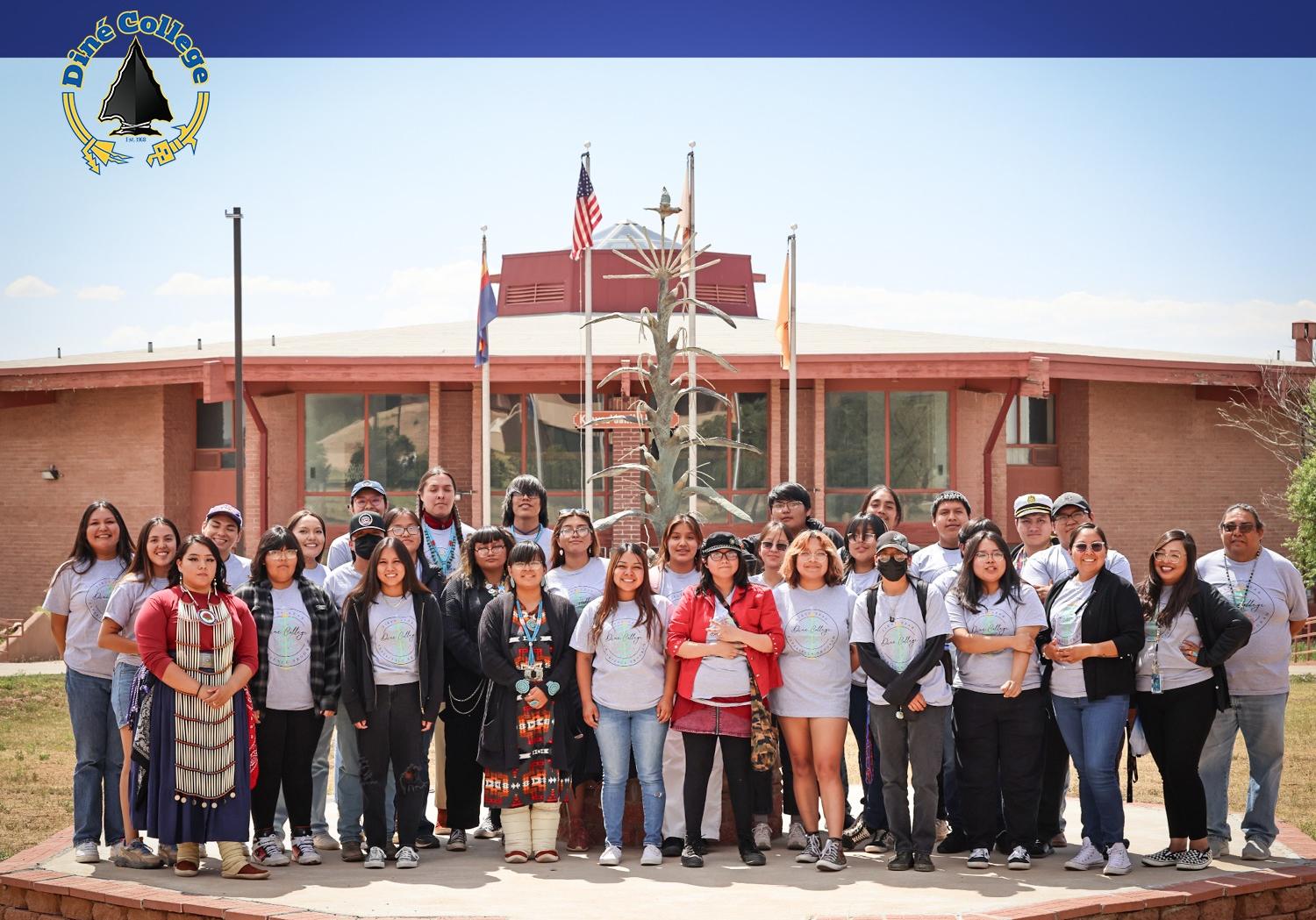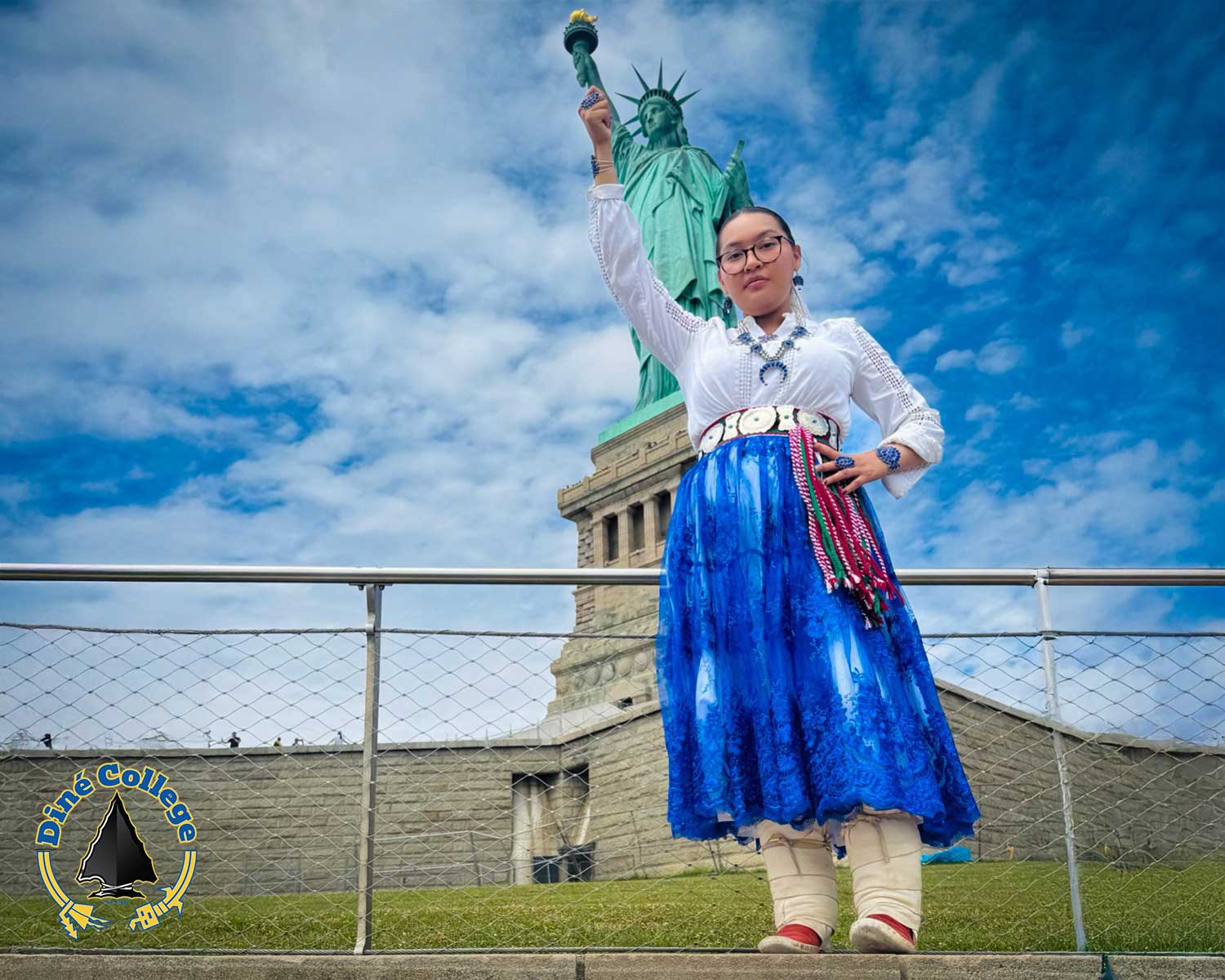Voices of the Diné Summit Spotlights Genetic Research and Indigenous Health
May 29, 2025
Flagstaff, AZ – The 2025 Voices of the Diné: Bridging Science, Culture, and Community in Genetic Research Summit brought together leading experts, students, and community members to discuss the intersection of genetics, Indigenous health, and cultural preservation.
Held at Northern Arizona University in Flagstaff, AZ, the two-day event emphasized education, ethical research practices, and opportunities to bridge science and tradition for the benefit of Native communities.
A key highlight of the summit was the discussion around the Navajo Nation’s moratorium on genetic research, first enacted in 2002. This policy was implemented to prevent the misuse of tribal members’ genetic material, a practice that many view as taboo without informed consent.
Recent advancements in genomics, however, have spurred Navajo leaders, scientists, and policymakers to explore the development of a comprehensive genetic research policy that balances the potential health benefits of modern science with the community’s cultural and ethical standards.
Dr. Shazia Tabassum Hakim, from the Department of Biomedical Sciences at Diné College, emphasized the importance of equipping Indigenous students with the tools and knowledge needed to lead such initiatives.
“We want to empower tribal communities to govern their genetic data responsibly,” Hakim said. “By introducing genetics, genomic data science, and bioinformatics into our academic programs, we aim to prepare future leaders who understand not only the science but also the ethics involved.”
The summit also showcased several research projects presented in the form of research posters that celebrate the work done by Indigenous students, scientists, and researchers.
Vanessa Chicharello, a master’s student from Dr. Hakim’s Lab at Diné College’s MS Biology program in Tuba City, was awarded first prize in the Tribal College category for her research on tumor markers for early cancer detection among Navajo communities. Her work highlights the critical role of affordable and accessible diagnostic tools in reducing cancer-related health disparities.
Dr. Hakim’s talk on Educational initiatives within Diné College in biomedical and health science received much appreciation from the audience. New graduate-level courses in genetics, genomic data science, and ethical data management are being integrated into the school’s curriculum.
These programs aim to enhance students’ understanding of genomics while ensuring they are well-versed in secure data storage and compliance with standards such as the Health Insurance Portability and Accountability Act (HIPAA) and the Common Rule.
The college also emphasizes the importance of engagement with the Navajo Nation Human Research Review Board (NNHRRB), which oversees ethical considerations in all research involving tribal members.
The NNHRRB, established in 1996, serves as a model of ethical review in tribal research. According to summit discussions, researchers must meet specific criteria, including ensuring data ownership remains with the tribe, obtaining individualized consent, and reporting findings to the community.
Dr. Hakim highlighted the significance of these practices. “The Navajo Nation’s review process protects participants while fostering responsible research partnerships,” she said.
Recognized as the first tribal college in the United States, Diné College continues to be a pioneer in education and research. Its contributions to advancing health sciences include the establishment of programs such as Biomedical Science, Public Health, and Medical Assisting, as well as grant-sponsored projects in genetics and public health backed by entities like the National Institutes of Health (NIH) and the National Science Foundation (NSF).
The annual Voices of the Diné summit remains a vital platform for dialogue, learning, and collaboration. By addressing critical topics such as genetic research policies and capacity building, the event highlights the importance of integrating science, culture, and ethics to benefit Indigenous communities nationwide.
